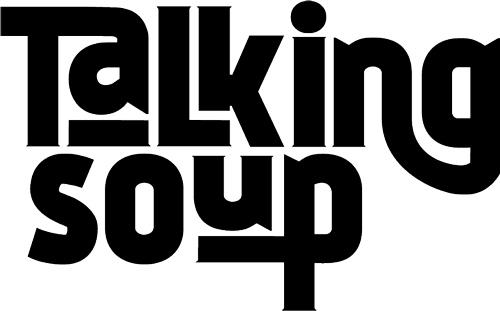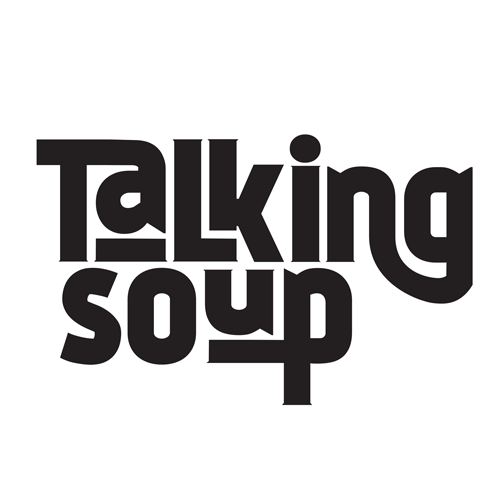Every company has their own version of it; that book or manual which new inductees are given on their first day of orientation, which is full of rules and regulations, dos and don’ts, what ifs and in the event ofs.
This handbook is held in the highest esteem, as if Chuck from Office Max, is on a par with Matthew, Mark, Luke, and John, the other gospel writers. When all else fails, just check the handbook. When in doubt, check the handbook. Got nothing better to do? Check the handbook.
Each handbook has the same basic sections, ones which explain the company’s mission (should you choose to accept it), their goals, what they hope to be when they grow up, the usual things.
1 How to dress for work. Simple enough right? Apparently not. Was it really necessary to mention, no t-shirts, halter tops, open toed sandals, bare feet, or costumes of any sort are not allowed? When in doubt, ask yourself would I wear this to (insert formal occasion here) and that would be your answer if you could and should wear it to work. The problem is that maybe your style was beer t-shirt, sandals, torn jeans and that you’d wear them to church or your niece’s christening, so it is here that the handbook will be of little help to you.
2 Things not to bring to work. Now this should also be a no-brainer, but apparently not, because things had to be written down for each new potential lifer to see. The following is a list of things that new employees are not to have on their person, in their bag, purse, or company approved locker, while at work.
- Guns of any sort, whether they are real or pretend (to include, squirt guns, paintball guns, nerf guns and any other object which may propel forth a projectile of any sort).
- Knives, whether they are of the butchery, hunting, or kitchen variety (plastic cutlery will be provided upon request should you need it).
- Drugs are not permitted on the premises either. This includes all the illegal drugs currently known to exist, as well as ones that may or may not be popular down the line. This also includes prescription drugs that you might need to live or to just simply make it through the day (check with your supervisor to see if you will be allowed to take such medication).
- Fireworks. Now this should be a no brainer, because after all, there is really nothing to celebrate while working in retail that would call for the exploding of small munitions and the shooting off of flares, unless it happens to be your last day on the job, then go for broke, make your local 4th of July celebrations pale in comparison to how you choose to celebrate your freedom.
- Pets. Now again, this should be a no-brainer, because why would you subject man’s best friend to the type of experiences you find on a daily basis when working in retail? It’s bad enough that you have to endure it, but to bring your pets? that just seems like animal cruelty.
Now that we got what not to bring to work out of the way, the next thing involves what to do in case of (x)?

3 The handbook is there to help you make it through any and all situations that might occur at sometime in the course of the day, except for how to actually survive the work day, but I digress.
If there is a robbery, do whatever you need to do in order to minimize the amount of loss of property and money, oh and yourself as well. Goods can be replaced but you cannot, well not right away, but don’t worry, the company will start looking for your replacement as soon as possible so as to not disrupt the flow of money into the registers.
If there is a natural disaster, whether it be anything from a blizzard to a stage 5 hurricane, just know that the company has your best interests at heart, which is why you are expected to report to work no matter what has happened. If by chance, something happens to the location in which you are currently working, you are still required to report to work. Should the property be damaged, you are to call in and see where it is that you should now report, failure to do do will result in loss of pay for the day, unless you are willing to use vacation days to cover the loss of said workable hours. It sounds funny, but sadly, it is based on a true situation.
New this year, is the Covid-19 pandemic which meant there had to be additions to the handbook, additions that will change and grow at the drop of a hat, without prior knowledge or the employee being informed. It is the duty of each employee to know the rules, the additions and subtractions and multiplications to the rules, whether you are at work or not.
If you think you have Covid:
- Take your temperature at home.
- Be prepared to list off all of the symptoms that you have.
- Call work.
- Hope for a sympathetic manager or leader.
- Explain to the leader how you are sick or suspected of being sick.
- Call the corporate office and tell them who you are and from where you are calling.
- Get tested.
- Wait.
- Wait a bit longer.
- See above two protocols.
- If negative, report back to work and be prepared to do the work that you missed out on when you were at home fearing for the worst.
- Continue working as if nothing happened, because it did not happen.
If there exists a situation in which an act of terror occurs, you are to do whatever it takes to protect the store and its contents, even with your life, should it come to that. Remember, when you put on that lanyard and name tag, you are not only representing the company but you are saying to those around you that you are willing to do what it takes to serve and protect the company, its property, and its shareholders.

4 There is also space in the handbook where you are reminded that the company is there for you, to listen to your needs and concerns, and just know that if you report any concerns that you feel need to be addressed, no negative actions will be taken against you for doing so. Sadly, this is not the case, as I learned all too well. Reporting concerns breaks the bubble that the company in which you are employed is anything other than the paradise that you are led to believe that it is.
5 The last pages of the handbook were blank, because it is here that you are supposed to write your notes, those things which you feel are important to carrying out your daily tasks. It is not a place to play tic-tac-toe or a spirited game of hangman, nor is it a place to try your hand at making caricatures of your co-workers and supervisors. Also, do not write for a good time call this number, because trust me, there will never be any good times.
The handbook, every company has one. Whether or not anyone ever reads them is a different story.
Cover image courtesy of Lefteris Heretakis via Flickr
Brian Brehmer has been driven to write since he was in grade school and took a homework assignment too far. Writing is in part responsible for his meeting the woman who would one day become his wife. On writing he credits the two women who believed in him most: my paternal grandmother and my wife Pamela (and Mia the Maine Coon as well).








